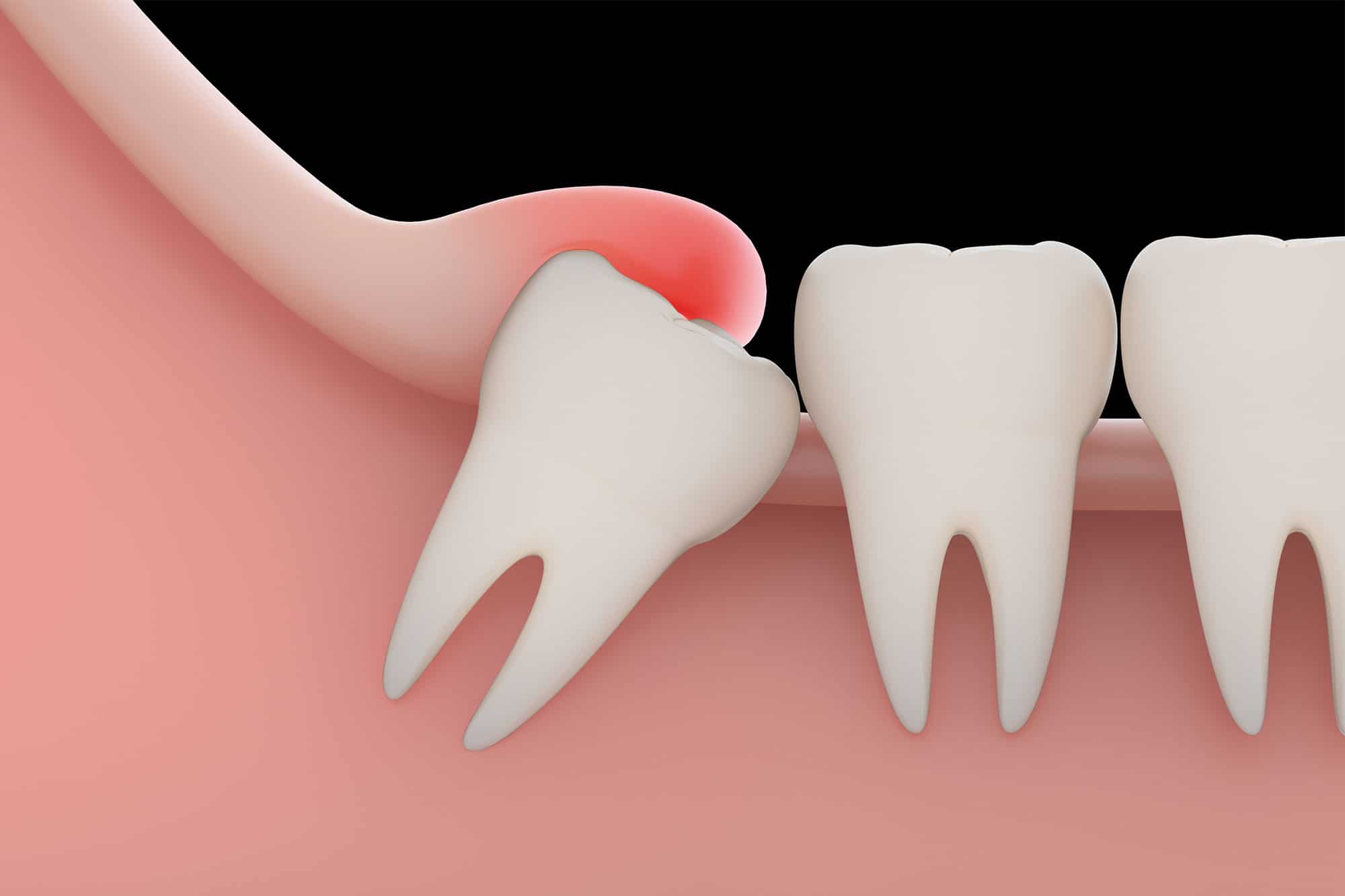Wisdom teeth, also known as third molars, are the last set of teeth to erupt in the mouth, usually between the ages of 17 and 25. While some people have perfectly aligned wisdom teeth that fit well in their jaws, many have wisdom teeth that become impacted or only partially emerge. Partially impacted wisdom teeth can cause pain, damage to adjacent teeth, and lead to dental problems like infections and cysts. This is why dentists often recommend wisdom tooth extraction, especially of the partially erupted or problematic ones.
Should You Have Your Wisdom Teeth Removed?
For many people, wisdom teeth removal Las Vegas NV is recommended because their third molars are positioned sideways or have not fully broken through the gums. Dentists may advise wisdom tooth extraction in the following situations:
- The wisdom teeth are partially erupted and trapped below the gums, which can harbor bacteria and lead to infection.
- There is lack of space in the jawbone for the wisdom teeth to erupt properly.
- The wisdom teeth are pushing into or damaging adjacent teeth, causing misalignment.
- Cysts or tumors are developing around impacted wisdom teeth.
- Persistent pain, swelling, or inflammation occurs due to the problematic wisdom teeth.
- Orthodontic treatment may be disrupted by emerging wisdom teeth.
If your dentist suggests wisdom tooth removal, don’t hesitate to take action. Impacted or problematic wisdom teeth often get worse over time and can lead to serious dental issues.
The Wisdom Tooth Extraction Procedure
Wisdom tooth extraction is a very common procedure performed by oral surgeons. The surgeon will first examine your teeth with x-rays to assess the position of the wisdom teeth and determine the best extraction method.
The surgery is typically done under local anesthesia, usually with intravenous sedation for comfort and relaxation. The surgeon will make an incision in the gum tissue over the impacted tooth and remove any bone covering it. They will then carefully extract the tooth, taking care to avoid damaging nearby teeth and nerves. Stitches are used to close the extraction site.
With modern techniques, wisdom tooth removal is a quick outpatient procedure with minimal recovery time. You can expect to be back to your normal routine within a couple days.
Recovery After Wisdom Tooth Surgery
Following wisdom tooth extraction, you can expect some short-term discomfort and swelling. Your surgeon will provide post-op instructions to follow for proper healing. Here is what to expect:
- Bleeding – Some minor bleeding is normal after surgery. Apply gentle pressure with gauze or a clean cloth.
- Pain – The area may be sore for several days. Use ice packs and over-the-counter pain medication as directed.
- Swelling – Swelling around the cheeks is common. Use ice packs to help minimize swelling.
- Diet – Stick to soft foods and cool liquids for the first few days. Avoid very hot foods.
- Oral Hygiene – Brush gently around the surgery site after 24 hours. Avoid vigorous rinsing for several days.
- Activity – Limit strenuous activity for at least 1-2 days after surgery.
Call your oral surgeon if you experience severe pain, excessive bleeding, or fever after the extraction. Most patients heal well within 7-10 days. Proper aftercare helps ensure your mouth recovers quickly after wisdom teeth removal.
Wisdom Tooth Extraction Cost
The cost of wisdom tooth extraction depends on several factors:
- Number of teeth being removed – Extracting all four wisdom teeth is generally more expensive than a single tooth.
- Level of impaction – Teeth that are deeply impacted or abnormal in position often cost more to extract.
- Type of anesthesia – General anesthesia is more costly than local anesthesia.
- Clinic fees – Prices vary between oral surgeons and locations. Urban clinics may charge more.
On average, you can expect to pay $150 – $300 per tooth for simple wisdom tooth extraction under local anesthetic. Molar extraction costs increase for complicated cases requiring surgical exposure of impacted teeth.
Many dental insurance plans provide coverage for wisdom tooth removal, especially when deemed medically necessary by a dentist. Check your plan details to see what percentage is covered.
Wisdom Tooth Removal: Making the Right Decision
Although wisdom teeth extraction is a routine procedure, it still requires careful thought and planning. Here are some tips for deciding if and when to have your wisdom teeth removed:
- Consult your dentist – They can best assess if your wisdom teeth are problematic. Follow their professional recommendation.
- Consider the risks – Weigh the potential problems of keeping impacted wisdom teeth vs having them extracted.
- Check dental insurance – See what coverage you have for wisdom tooth removal costs.
- Schedule when convenient – Have surgery when you can take a few days to recover.
- Find an experienced oral surgeon – Choose a skilled specialist you trust. Verify credentials.
- Follow pre-op instructions – Stop smoking, avoid certain medications, fast as directed.
- Arrange transportation – You will be given anesthesia, so you’ll need someone to drive you home.
By carefully considering the various factors and planning accordingly, you can have your wisdom teeth removed with minimal discomfort and quick healing. Taking a proactive approach helps avoid future pain and dental issues.
Looking Forward After Wisdom Tooth Surgery
While wisdom tooth extraction may feel daunting, take comfort that you are preventing more serious problems down the road. Focus on having an easy recovery by following your surgeon’s post-op guidance closely. The short-term inconvenience is well worth it for improving your long-term oral health.
Soon this will all be a distant memory. Before you know it, the swelling will subside, stitches will dissolve, and you’ll be back to eating your favorite foods. With the pesky wisdom teeth gone, you can smile with confidence again. The removal of those troublesome third molars marks an exciting transition to a healthy, hassle-free adult mouth!

